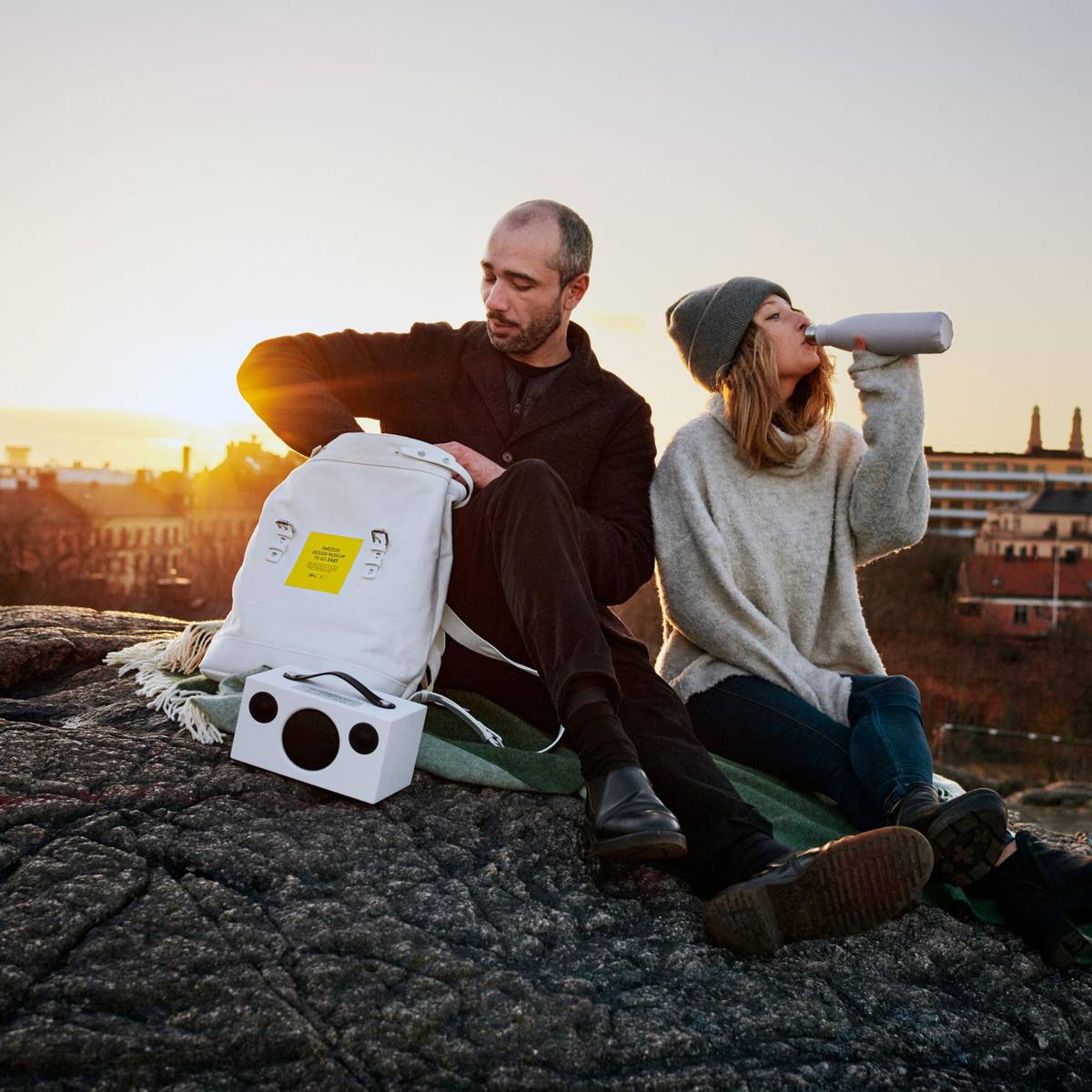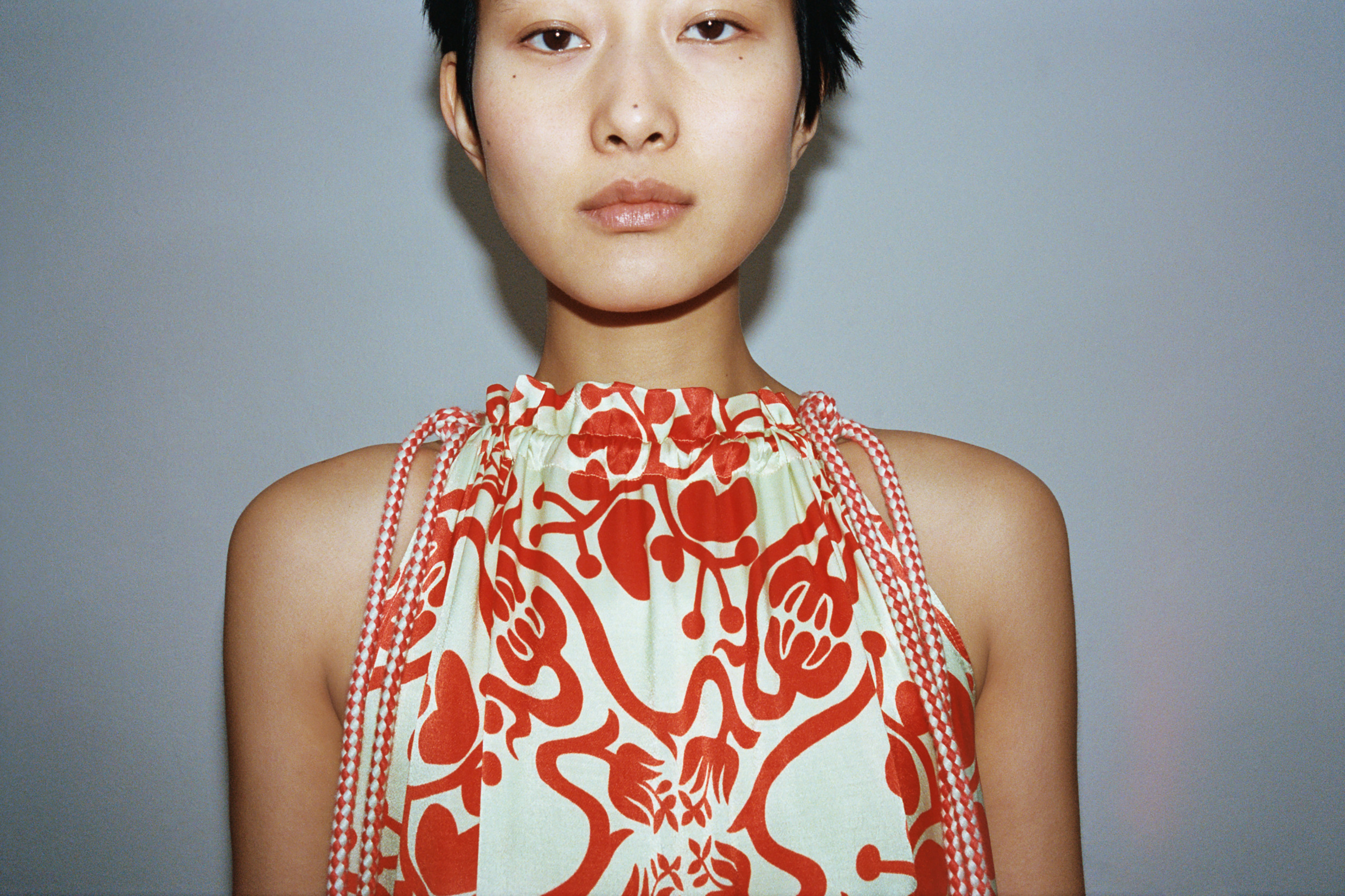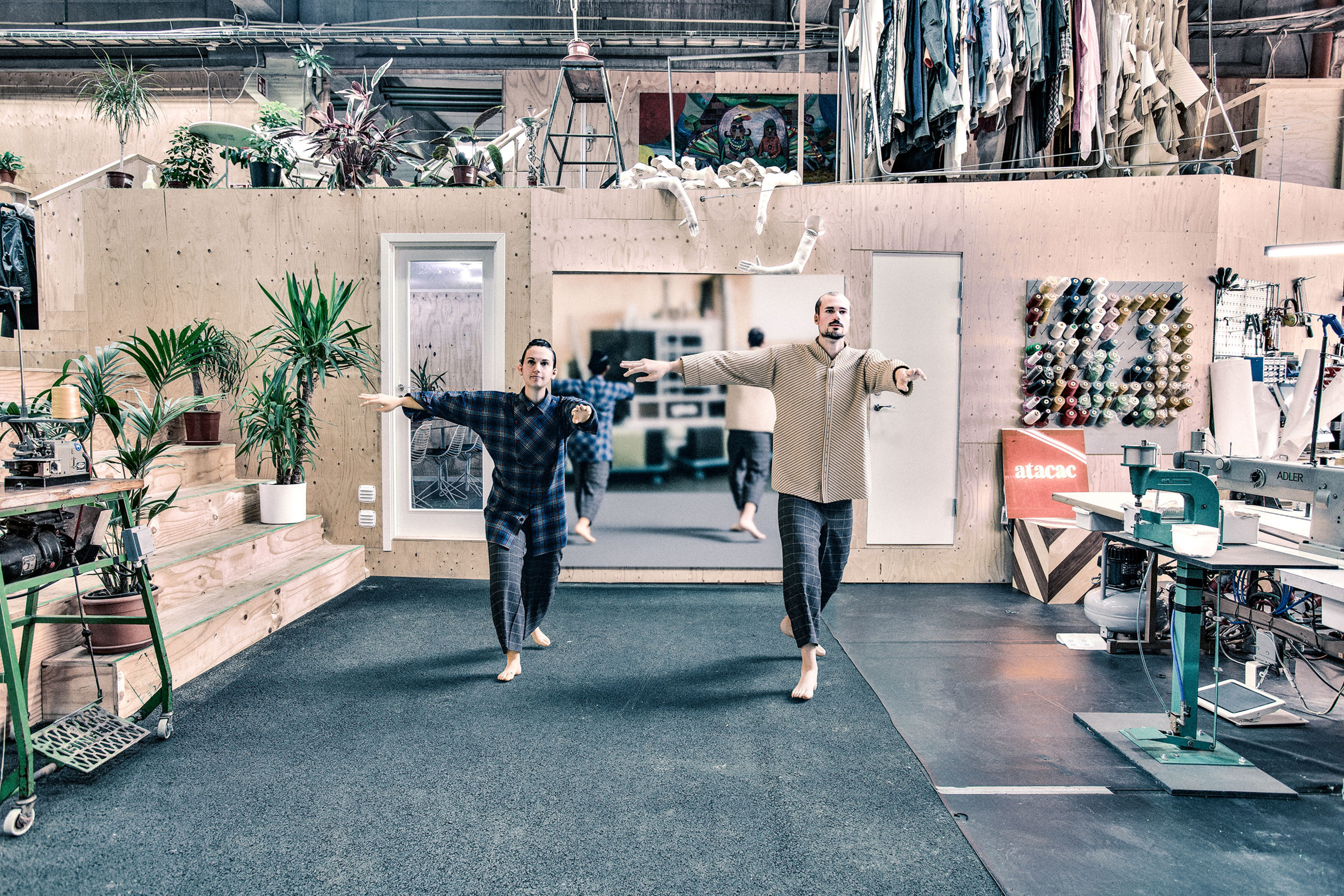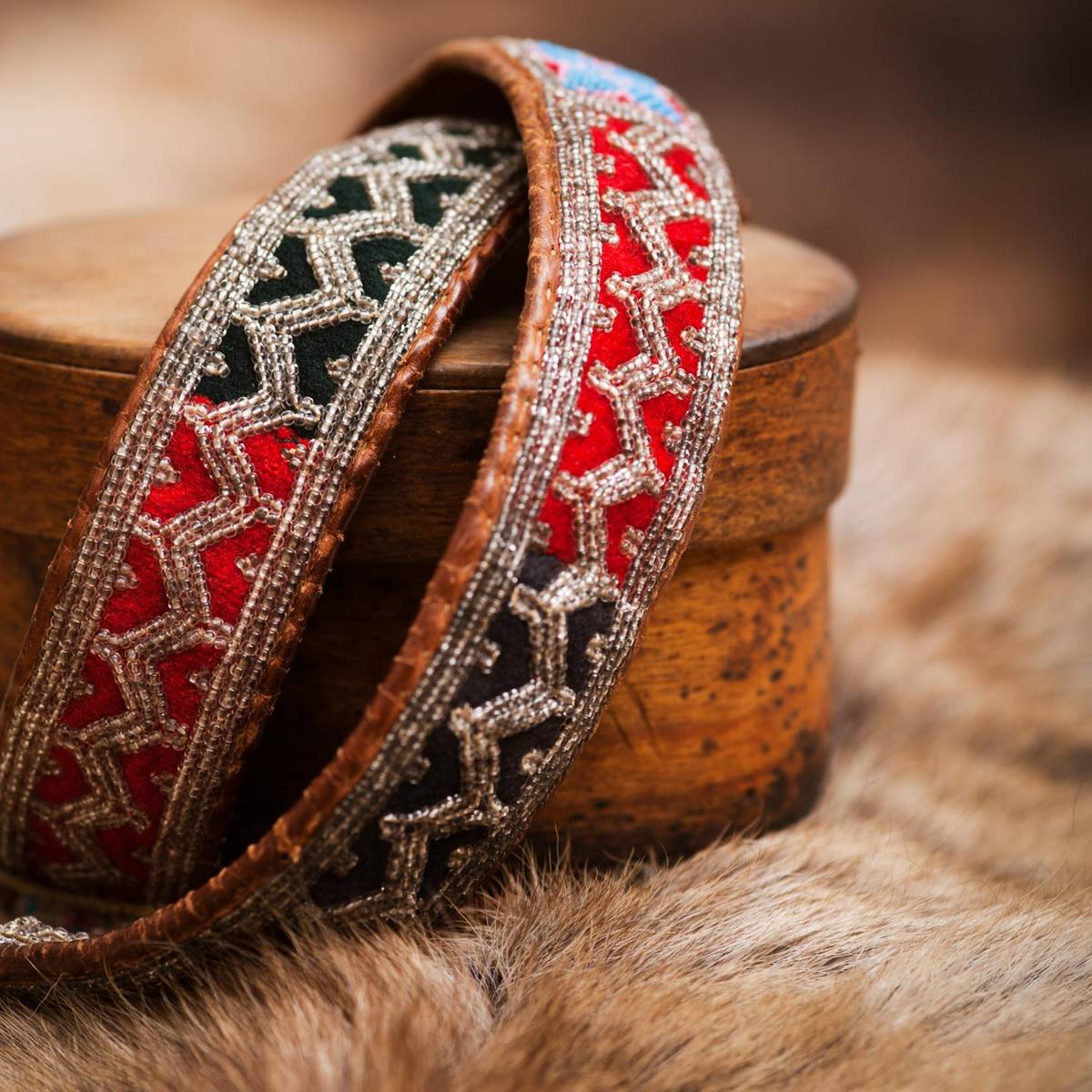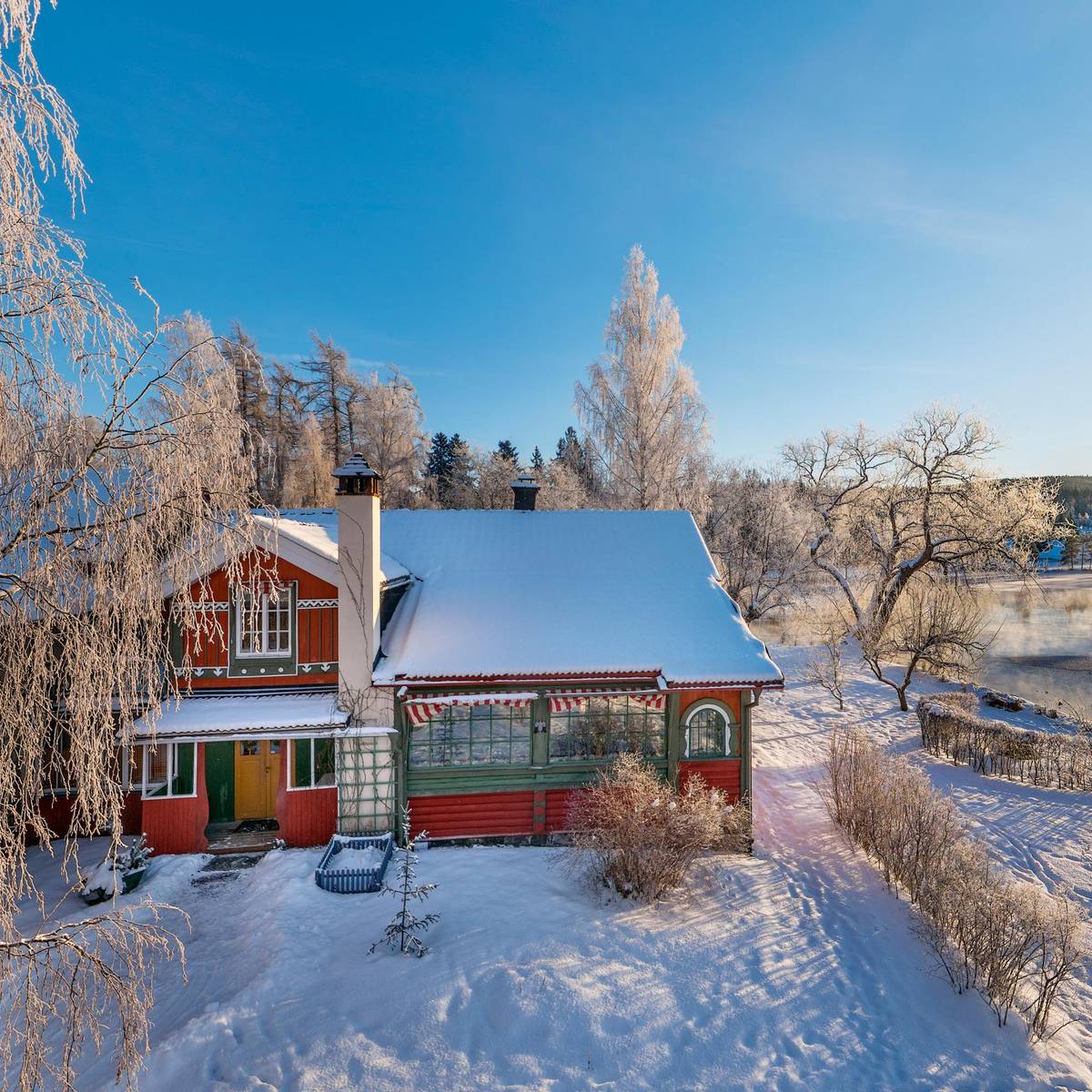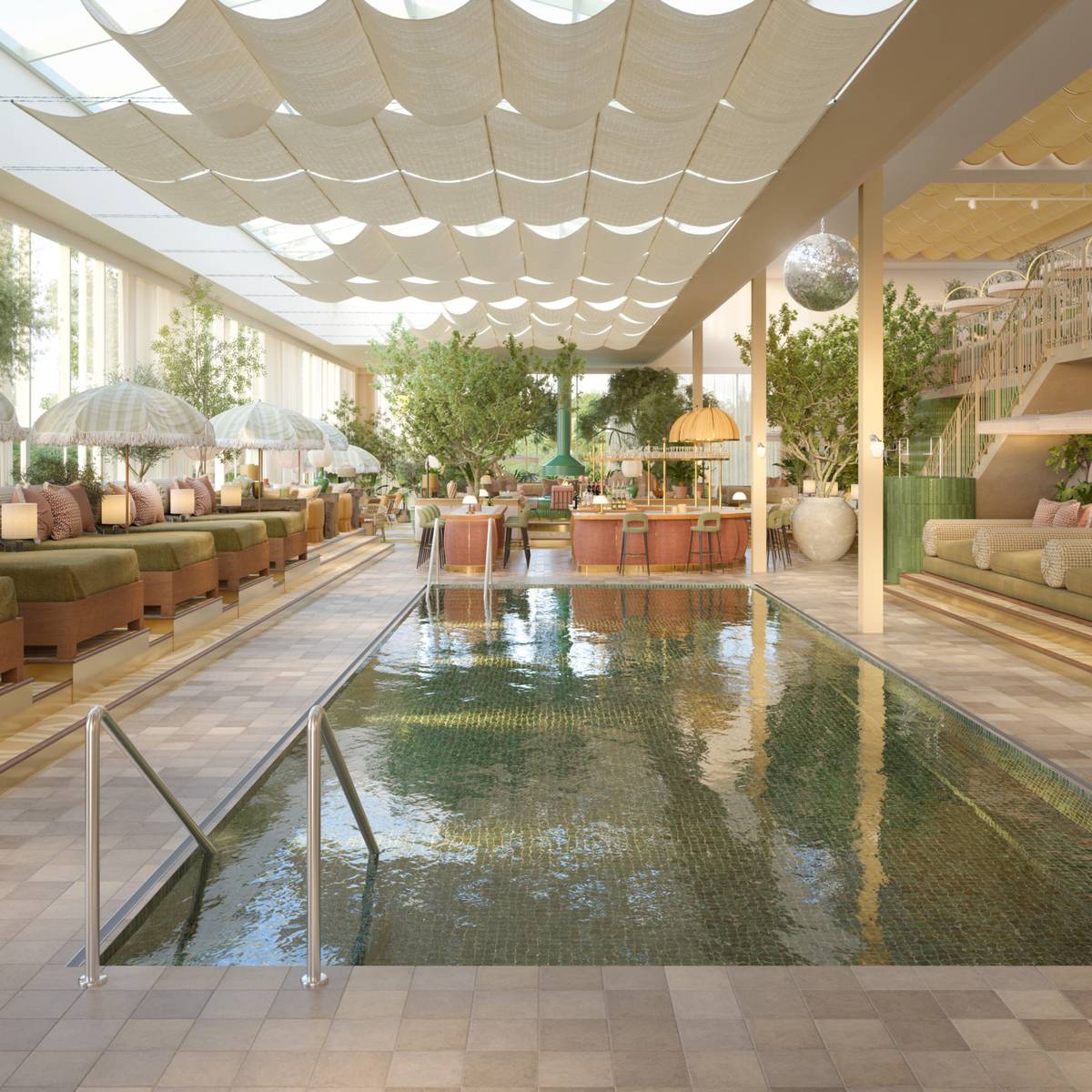Accessories
Carrying off the right look extends beyond clothes. Accessories is another area that showcases Swedish style –think how often you notice Swedish bags and backpacks all over the world!
- Fjällräven is the most obvious example of a successful Swedish fashion brand here, but the likes of Sandqvist, who specialise in stylish, durable products made from recycled and environmentally friendly materials, are growing in visibility too.
- Little Liffner are best known for their bags, but they also produce stylish jewellery in their growing range. All leathers are by-products of the meat industry and all their products are a timeless combination of contemporary Scandinavian design and traditional Italian craftmanship.
- Bag and shoemakers ATP Atelier focus on vegetable-tanned vacchetta leather and their USP is that no two products are exactly the same, because they are all hand made. With a sustainable mindset, ATP Atelier describe their mission as changing the concept of luxury from redundant to smart.
- Named after its original collection of ballet flats, high-end shoemaker Flattered was launched in Stockholm in 2013 with an ethos of making luxury items for smart, independent, and conscious women. Initially focused on footwear, its range now comprises accessories such as bags and belts, with all products handmade.
- Eytys (pronounced “80s”), was founded in 2013 initially with the intention of breaking new ground in sneakers design, something they have perfected with their reinterpretation of shoe sole proportions. The collection has since grown into denim and more for both sexes.
- Using leather as a by-product of the meat industry and materials such as recycled polyester and wool, Axel Arigato has forged a reputation for blending Japanese and Swedish design, along with an innovative drop schedule.
- Still on footwear, Docksta’s roots stretch back to 1923 and today are one of few remaining shoemakers in Sweden. The current owners apply many of the time-honoured local-focus principles to their developing operation and factory shop which has become a sightseeing destination in its own right for visitors to the High Coast region.
So if you’re looking for a memento you know will last, why not pick up a piece of sustainable, Swedish fashion on your visit? You can be happy in the knowledge that whatever you choose, it will have been well designed and made to last. Not forgetting the admiring glances from those appreciative of your impeccable sense of style.
